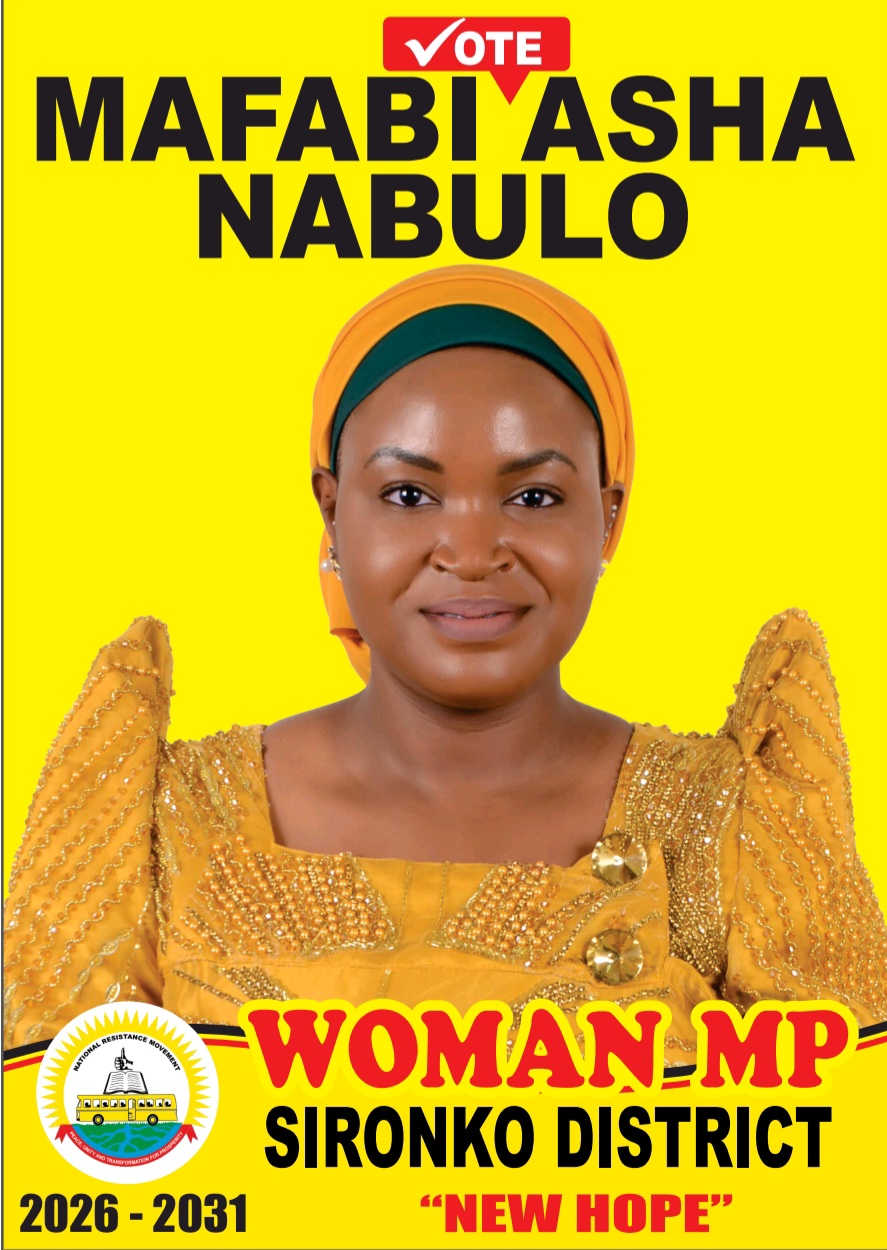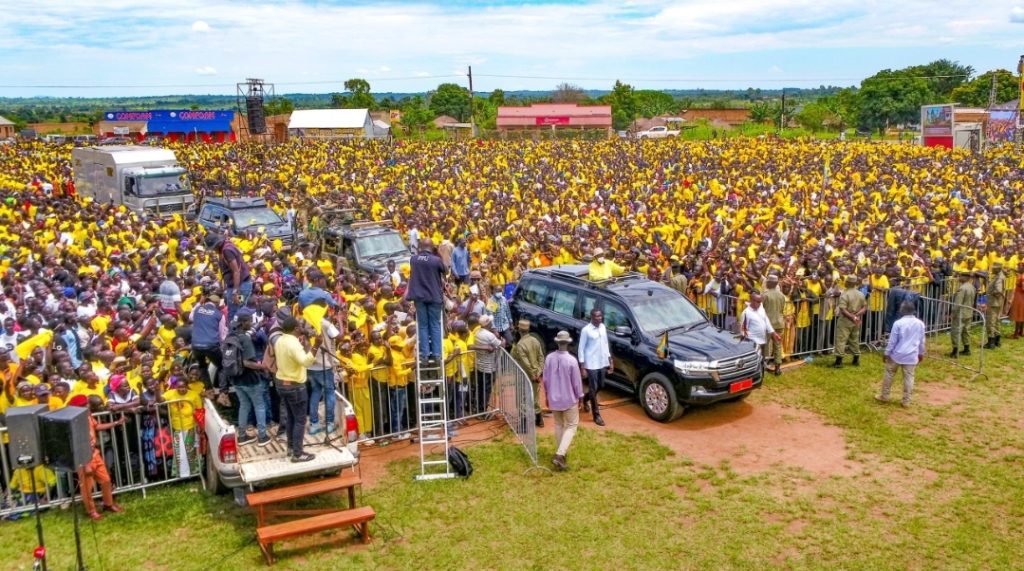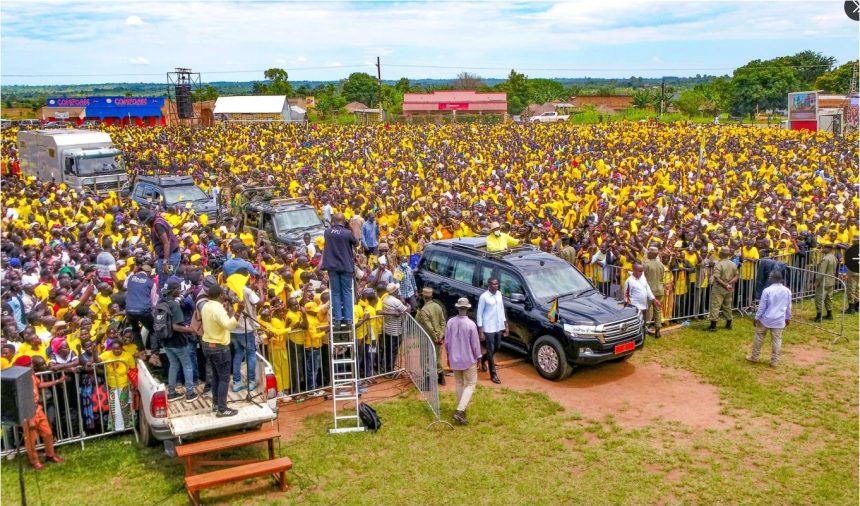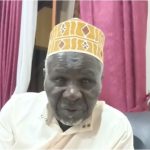Published on 21/10/2025
President Yoweri Kaguta Museveni has vowed to resolve long-standing challenges affecting the people of Acholi, including issues of compensation, education, restocking, and human-wildlife conflict.
Speaking during a campaign rally in Anaka Town Council, the President said his government remains committed to addressing the concerns of communities that were heavily affected by past conflicts and infrastructural projects.

He cited delayed compensation for residents displaced by the Karuma Hydropower Project, saying government had already paid UGX 11 billion, while UGX 48 billion remains pending. Museveni said he would instruct the Prime Minister to follow up on the matter to ensure that all affected families are fully compensated.


The President also addressed the issue of crop destruction by elephants, which has affected farmers in parts of Nwoya and neighboring districts. He expressed concern that some of the animals continue to breach electric fences meant to protect communities, but assured residents that the government would ensure full implementation of the project to contain the elephants and compensate those affected.
“I will instruct the Prime Minister to follow up on the compensation for all people whose crops were destroyed by elephants,” Museveni said.
On education, the President reiterated his firm stance against charging fees in government schools, emphasizing that free education is a right, not a privilege. He condemned school administrators and local officials who continue to demand payments, saying such practices deny children from poor families a chance at a better future.
“Those who block my policy of free education are like the kuzilinga—women who kill their children during birth. You are killing the future of our country by conserving ignorance,” Museveni said, after interacting with several youth who had dropped out of school but later acquired vocational skills through the Presidential Skilling Hubs.
He commended the skilling programs for transforming lives, noting that many of the young people now produce high-quality shoes, garments, and furniture—items that used to be imported from countries like China and Italy.
Turning to the issue of restocking livestock in post-conflict areas, Museveni explained that the government’s plan had initially faced legal disputes and delays, but a consensus was now being reached on how to implement it fairly.
“We had challenges when some people went to court over the restocking program, turning it into a legal issue. But now, we have agreed that every homestead will receive a basic restocking package,” he said, adding that leaders from Teso, Lango, and Acholi had all endorsed the approach of giving each household a set number of animals.
Museveni acknowledged, however, that Acholi required special consideration since it was the epicenter of the LRA war and suffered prolonged displacement. He said he had written to the Prime Minister to study a variation that would ensure fairness in compensation for genuine war-affected households.
“Acholi suffered longer and bore the brunt of the insurgency. We are studying how to provide an additional support mechanism alongside the general restocking program,” the President explained.
He further announced plans to establish a technical institute in the area and to upgrade Koch Goma Health Centre III to a Health Centre IV to improve service delivery.
Museveni also thanked Adogoraj Meri Laquara Mabel for donating land for the NRM office in the area, calling her gesture an example of patriotism and commitment to national development.
“These are the issues I wanted to share with you today—education, restocking, and compensation. We are going to handle them one by one,” he said.






